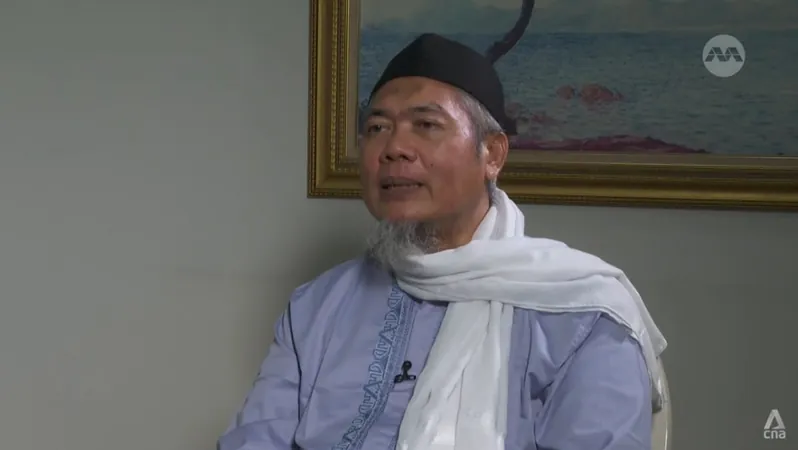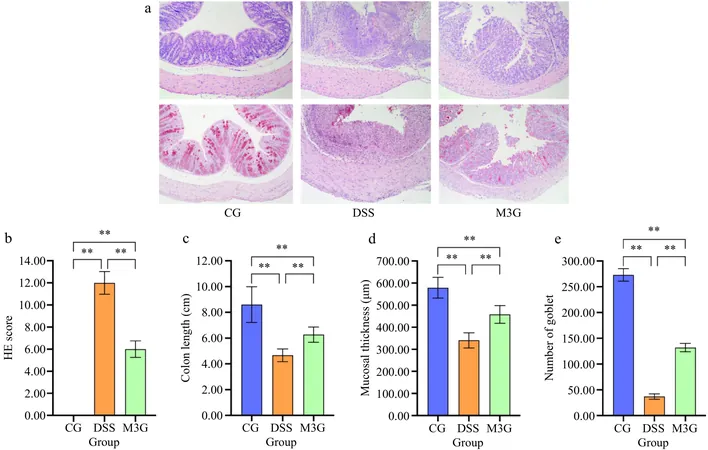
Former Jemaah Islamiyah Leader Envisions New Path for Southeast Asia's Deradicalization
2024-09-30
JAKARTA: Former Leader's Insights
In a groundbreaking interview, Para Wijayanto, the former leader of the now-disbanded terror organization Jemaah Islamiyah (JI), asserted that the dissolution of the group could serve as a pivotal model for deradicalization efforts across Southeast Asia. Speaking to international media for the first time since JI's disbandment three months ago, Wijayanto, who is currently incarcerated, expressed hope that the Indonesian government's approach to tackling JI could provide insights for both domestic and international counter-terrorism strategies.
"JI had a significant and complex history; we were not a minor faction, yet we were disbanded. This experience can illuminate pathways for others," he stated. Wijayanto emphasized the necessity of tailoring approaches to fit the unique contexts of various regions and countries across Southeast Asia.
A Complex Legacy
At 60 years old, Wijayanto holds the distinction of being the longest-serving chief of JI, which was responsible for some of the deadliest terrorist attacks in the region, including the horrific 2002 Bali bombings that claimed over 200 lives. He led the organization, formed in 1993 with alleged ties to Al-Qaeda, for 11 years before his arrest in 2019. The Jakarta District Court deemed JI a banned organization in 2008 as terrorist acts were carried out by individuals acting on its behalf.
On June 30, the announcement of JI's dissolution was made, with Wijayanto playing a crucial role in this decision. Alongside Muhammad Khoirul Anam, another key leader who facilitated the organization's breakup, Wijayanto participated in media interviews arranged by the national police counter-terrorism squad on September 23.
Acknowledging Misguided Doctrines
In a candid revelation, Wijayanto admitted that JI had misinterpreted Al-Qaeda's teachings, which promote a radical Islamist ideology and regard governments as infidels. Despite his incarceration, he has reached out to former JI members via online calls, urging them to walk away from extremism. "Just as those with illnesses can find recovery, we too have the ability to heal and share our journey," he noted, highlighting the emergence of a community willing to engage with other radical factions across Indonesia.
The decision to dissolve JI was influenced by a profound re-examination of Islamic teachings, supported by an extensive 400-page document that outlines new perspectives that could benefit those outside the JI network. "We're open to contributing to their recovery," Wijayanto proclaimed.
Proactive Engagement Necessary
Khoirul Anam, the former military commander of JI responsible for training members for conflict zones such as Syria, has likewise engaged in outreach efforts. Former JI leaders have hosted over 30 "socialization" sessions throughout Indonesia, reaching thousands of the group’s grassroots members. These gatherings are part of a strategic initiative aimed at preventing former members from resuming their previous activities or joining splinter groups.
Dr. Muhammad Syauqillah, head of the Terrorism Studies Programme at Indonesia University, asserted that while the Indonesian government's soft approach to law enforcement has created goodwill, it is paramount to maintain a detailed roadmap for managing the remnants of JI. "This cannot be taken lightly; the state must remain vigilant and not simply assume the issue is resolved," he urged.
Moreover, Special Detachment 88, Indonesia's national police counter-terrorism unit, reiterated that JI's disbandment may not fully diminish the threat of terrorism. Its spokesperson, Aswin Siregar, confirmed that the unit would continue its essential functions, including monitoring, evaluation, and community engagement with ex-JI members. "Our goal is to support them as they navigate their next steps and ensure they do not revert to previous ideologies," he stated.
The Future of Southeast Asian Counter-Terrorism
As Southeast Asia faces a complex landscape of radicalism, the insights from the disbandment of JI and the experiences of its former leaders could prove invaluable in developing effective deradicalization programs. The evolving dialogue surrounding these issues not only highlights the potential for change but also reinforces the need for ongoing vigilance and supportive measures to address terrorism in the region. The lessons learned from JI's disbandment must inform future strategies to prevent the resurgence of extremist ideologies and promote peace throughout Southeast Asia.


 Brasil (PT)
Brasil (PT)
 Canada (EN)
Canada (EN)
 Chile (ES)
Chile (ES)
 España (ES)
España (ES)
 France (FR)
France (FR)
 Hong Kong (EN)
Hong Kong (EN)
 Italia (IT)
Italia (IT)
 日本 (JA)
日本 (JA)
 Magyarország (HU)
Magyarország (HU)
 Norge (NO)
Norge (NO)
 Polska (PL)
Polska (PL)
 Schweiz (DE)
Schweiz (DE)
 Singapore (EN)
Singapore (EN)
 Sverige (SV)
Sverige (SV)
 Suomi (FI)
Suomi (FI)
 Türkiye (TR)
Türkiye (TR)